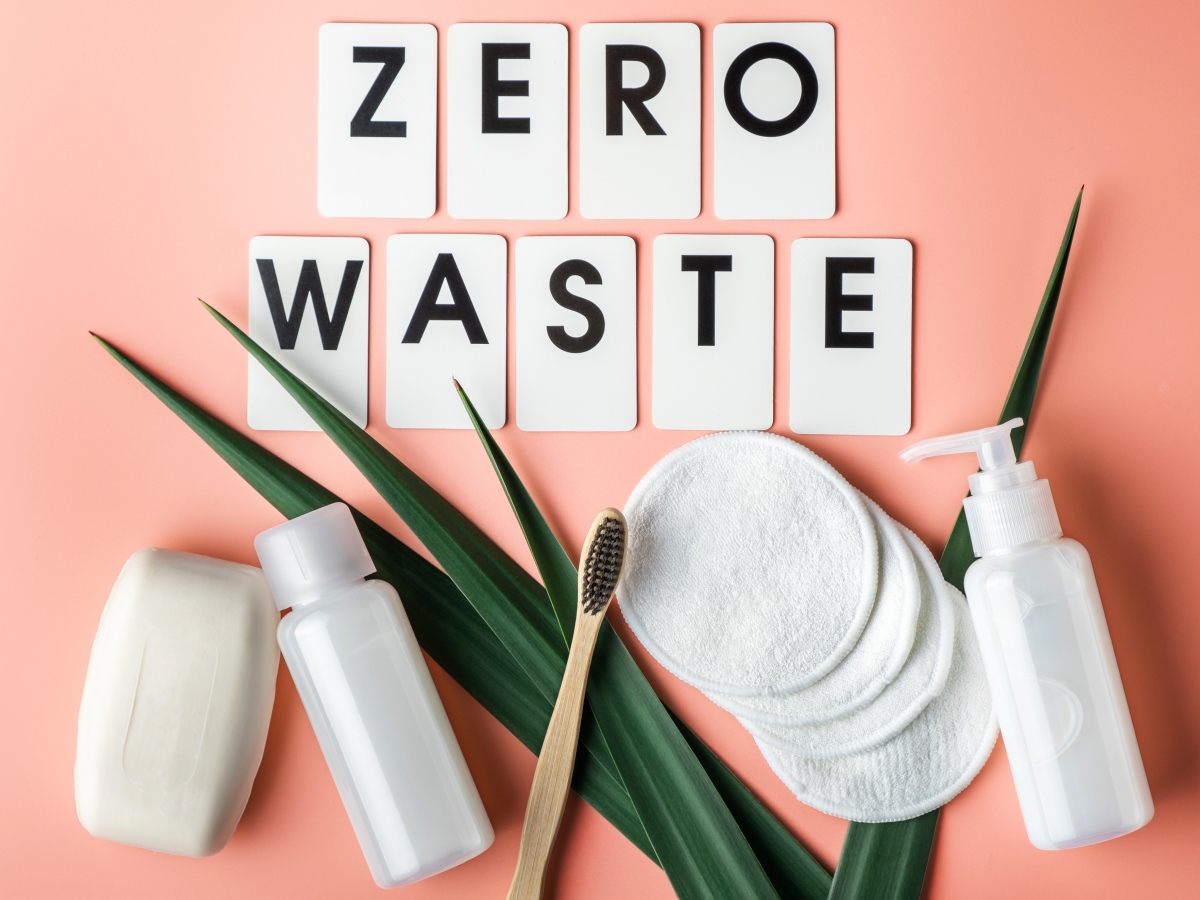Accord Australasia, as the peak body for the cosmetic industry, is involved in several collective initiatives on plastic packaging waste for the cosmetic industry.
What is product stewardship for cosmetics packaging?
The packaging space in Australia is abuzz. We have National Packaging Targets. A National Plastics Plan. And states and territories have their eyes firmly fixed on ‘problematic plastic packaging’. Internationally, the United Nations Environment Programme is negotiating a Treaty on Marine Litter and Plastic Pollution.
What does this mean for the cosmetics industry?
Given the level of government focus on packaging waste, not just in Australia, and with history demonstrating that the cosmetic industry is often targeted on issues regardless of the scale of its contribution to the issues —think microbeads, animal testing—what is clear is that positive actions by our industry on waste will be expected. Fortunately, many leading brands are already on track with packaging design and waste reduction.
It is on important sustainability issues like this where collaboration becomes particularly effective. Collaboration through information sharing; collaboration through collective initiatives to drive, scale and measure impact. Just think of BeadRecede, the voluntary industry initiative that effectively removed over 99% of plastic microbeads from rinse-off cosmetics.
Accord Australasia, as the peak body for the cosmetic industry, is involved in several collective initiatives on plastic packaging waste for the cosmetic industry.
Small-format cosmetics waste stewardship project
Circular economy organisation Close the Loop is currently developing a small-format cosmetics waste recycling program. This is supported by a federal government product stewardship grant and the close involvement of Accord Australasia along with leading cosmetic and retail brands.
The volume of small-format cosmetic packaging waste is relatively small. However, as product residue and packaging complexity often make cosmetic packaging hard to recycle through normal processes, most ends up in landfill. This project aims to maximise the circular economy utilisation of cosmetic packaging waste, with the dual benefits of diverting waste from landfill and as a contaminant in the kerbside recycling stream.
To help guide the project and strengthen its potential to cover positive industry actions already underway, Accord convened a reference group of cosmetic industry leaders to liaise with senior management at Close the Loop.
“These discussions stressed the importance of educating consumers on proper recycling options and approaches”, Accord Policy Director Mr Craig Brock said. “It’s also expected there will be plenty of interest in the project’s various take-back and sorting trials, which are due to commence in early 2022. Understanding the costs and benefits of different approaches for waste collection will help to better drive more effective stewardship in our industry.”
The project is heading towards an umbrella approach for small-format cosmetic waste stewardship that encompasses and rewards the good work already underway by various brands. Project launch is currently scheduled for mid-2022.
Advocacy and knowledge for the better waste policy options
The evidence-based and proportionate management of packaging waste issues for the cosmetic products sector is essential for businesses. Accord is actively engaged in policy advocacy on behalf of industry, including meetings with Assistant Minister for Waste Reduction and Environmental Management, Trevor Evans MP and the federal environment department.
This work is guided by the findings of two extensive packaging and plastics surveys of Accord members and will be underpinned by the many positive and innovative examples of how brands are addressing the packaging waste challenge.
“All Australian governments are firmly committed to plastic waste reduction and circular waste solutions, with ministers Ley and Evans leading the way”, Mr Brock said. “It’s therefore important our industry showcases its leadership in this space.
“Industry faces National Packaging Targets for 2025 that are necessarily very ambitious, which is why Accord is encouraging a best-efforts approach from our members. Though we also will be asking governments to be realistic in their goal setting. Getting this balance right will be critical.
“Some policy approaches that may work well for other industry sectors just won’t fit easily with cosmetics. Additionally, recognition is needed that plastic packaging can have safety and sustainability advantages over more fragile or heavier materials like glass or steel.
“What is important is that a collaborative and flexible approach be fostered to solving the waste challenge. Innovation, new technologies and constructive acceptance of alternative solutions offered by industry are all going to be vitally important to this effort,” Mr Brock said.
Knowledge and capacity building has been a major work area for Accord throughout the last year. For member companies, Accord has hosted several packaging waste–themed webinars including with the Australian Packaging Covenant Organisation, circular economy organisations Close the Loop and Terracycle, and sustainability-focused experts Labelmakers and RecycleMate. This information is invaluable to businesses looking to take that next step in packaging sustainability.
No company can tackle the huge issue that is packaging waste sustainability alone. It is not too late to join Accord’s activities—please contact jsemple@accord.asn.au if your company has an initiative to showcase, for more information on any of these initiatives or Accord Membership.
This article was first published in the Autumn issue of Retail Beauty.
Read the current issue of our digital magazine here:
- For more news and updates, subscribe to our weekly newsletter
- Follow us on Instagram
- Like us on Facebook
- Connect with us on LinkedIn
- Subscribe to our print magazine

